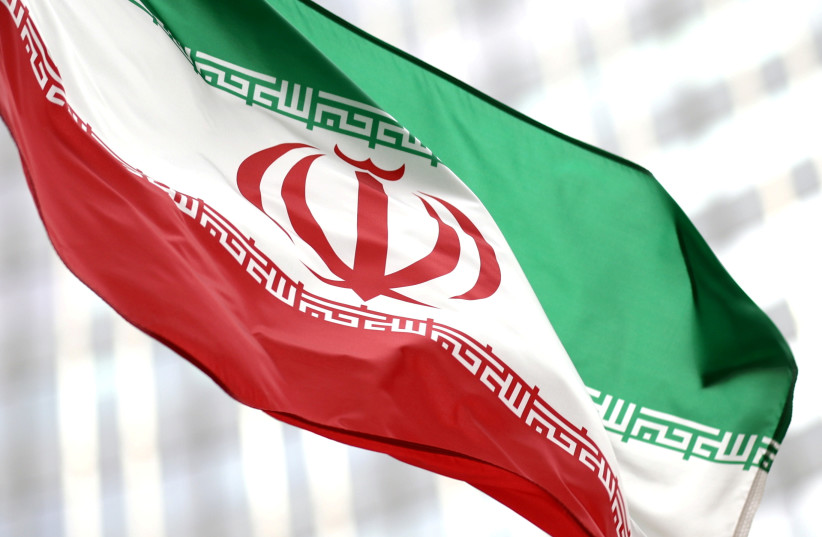Ahead of the revival of talks to restore the 2015 nuclear deal between Iran and world powers, Israeli Defense Minister Benny Gantz said that he supports a “broader, stronger and longer” nuclear deal with Tehran.
“I support an agreement that will be broader, stronger and longer — taking Iran back, dismantling its current capabilities and placing effective inspections on its sites and on its weapons production,” Gantz said on Sunday at a conference hosted by the Haaretz daily and UCLA on current strategic challenges facing Israel.
The indirect nuclear talks that are set to resume on November 29 are being brokered by the European Union with the aim of bringing Washington and Tehran back into the Joint Comprehensive Plan of Action (JCPOA) that the United States left under former president Donald Trump.
But officials from both the United States and Israel have voiced their concern that nothing dramatic is expected to happen during the upcoming round of talks where Iran is expected to present its position on the draft agreement that was agreed on in June before talks stalled before the Iranian presidential election.
Since then, a series of escalating incidents have occurred, including deadly drone attacks targeting vessels at sea blamed on Iran. Israel has also been accused of several attacks targeting Iranian nuclear facilities.

“Iran sees itself as a hegemon, systematically equipping ‘terror armies’ and exporting its radical ideology, weapons, funds and manpower across the Middle East,” Gantz said. “They target economic resources as we saw in the Aramco attack, disrupt global trade as we saw in the Mercer Street attack, harm democratic processes as we saw in the Iraqi elections and dismantle regimes as we see in Lebanon and Syria.”
Addressing the Abraham Accords that normalized ties between Israel and several Arab states, Gantz said that the agreements are “critical” to standing up against common threats like the Islamic Republic.
“This is a time when I am more hopeful than ever that we can multiply the success of these accords. These agreements are critical so that the region may flourish and so that we may stand strong against common threats,” he said.
Also speaking at the conference, former defense minister Moshe Ya’alon said that while he opposed the Iran deal at the time of its signing, the withdrawal from it was even worse.
“Looking at the policy on Iran in the last decade, the main mistake was the withdrawal from the agreement,” Ya’alon said. “The agreement itself was a historic mistake, but withdrawing from it gave them an excuse to go ahead [with enrichment].”
Ya’alon, who was Israel’s defense minister at the time of the signing of the deal, said that “it is still possible to stop Iran” from getting nuclear weapons and that “it’s up to the American administration.”
While he “wasn’t happy” about the 2015 agreement at the time, “we can argue, but we should not fight the Americans. We need to discuss disagreements with them, not attack them.” Nevertheless, he disagreed with the American position of disengaging from the Middle East because “if you run away from terror, the terror will reach you.”
United States Defense Secretary Lloyd Austin, speaking at the annual Manama Dialogue in Bahrain earlier this week, said that Washington is committed to preventing Iran from obtaining a nuclear weapon, but should diplomatic dialogue fail, it would explore other options.
“If Iran isn’t willing to engage seriously, then we will look at all of the options necessary to keep the United States secure,” he said. "We and our partners will return to those talks in good faith but Iran's actions in recent months have not been encouraging — especially because of the expansion of their nuclear program.”
Austin urged Iran to “do its part and to take steps to reduce violence and conflict. But whatever Iran decides, we will continue to work closely with our partners. Iran should have no illusions that it can undermine our strong relationships in this region. And we will defend ourselves, and we will defend our friends and we will defend our interests,"
It is believed that Iran is continuing to develop the capabilities to produce a nuclear weapons arsenal as well as produce ballistic missiles capable of carrying nuclear warheads.
